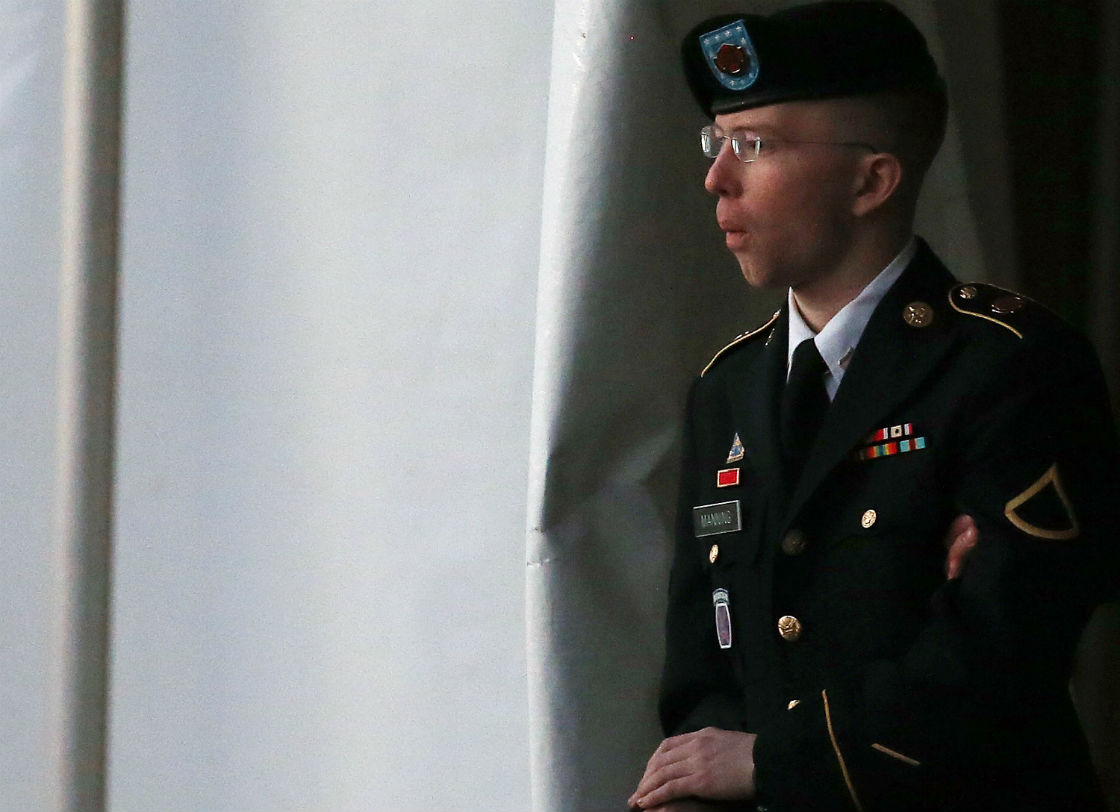FORT MEADE, Md. – A member of the team that raided Osama bin Laden’s compound can testify at the trial of a soldier charged in a massive leak of U.S. secrets to the Wikileaks website, a military judge ruled Wednesday.

Prosecutors say the witness, presumably a Navy SEAL, collected digital evidence showing that the al-Qaida leader requested and received from an associate some of the documents Bradley Manning has acknowledged sending to the secrets-spilling website.
The 25-year-old Manning is accused of sending hundreds of thousands of Iraq and Afghanistan battlefield reports, State Department diplomatic cables, other classified records and two battlefield video clips to WikiLeaks in 2009 and 2010 while working as an intelligence analyst in Baghdad.
In a statement he read aloud in court Feb. 28, Manning said he sent the material to the anti-secrecy website to expose the American military’s “bloodlust” and disregard for human life in Iraq and Afghanistan
Manning pleaded guilty in February to lesser versions of some of the 22 charges he faces. Prosecutors have said they still intend to prove him guilty of the all the original charges. His trial is scheduled to start June 3.
Defence attorneys had argued against the testimony of the member of the bin Laden raid, saying that proof of receipt of documents wasn’t relevant to whether Manning aided the enemy, the most serious charge he faces. It is punishable by life imprisonment.
The ruling means prosecutors can call the witness during the “merits,” or main, phase of the trial. They otherwise could have used his testimony only for sentencing purposes.
The witness has been publicly identified only as “John Doe” and as a Defence Department “operator,” a designation given to SEALs. Prosecutors say he participated with SEAL Team Six in their May 2011 assault on the compound in Pakistan in which the terrorist leader was killed.
His testimony would help establish a chain of custody for the evidence from its recovery to its analysis by a computer expert.
The judge also ruled that John Doe must testify in civilian clothing and “light disguise” in a closed session at an alternate, secure location to prevent disclosure of his identity or details of the mission. The disguise cannot obscure his demeanour, body movements and facial reactions.

Comments